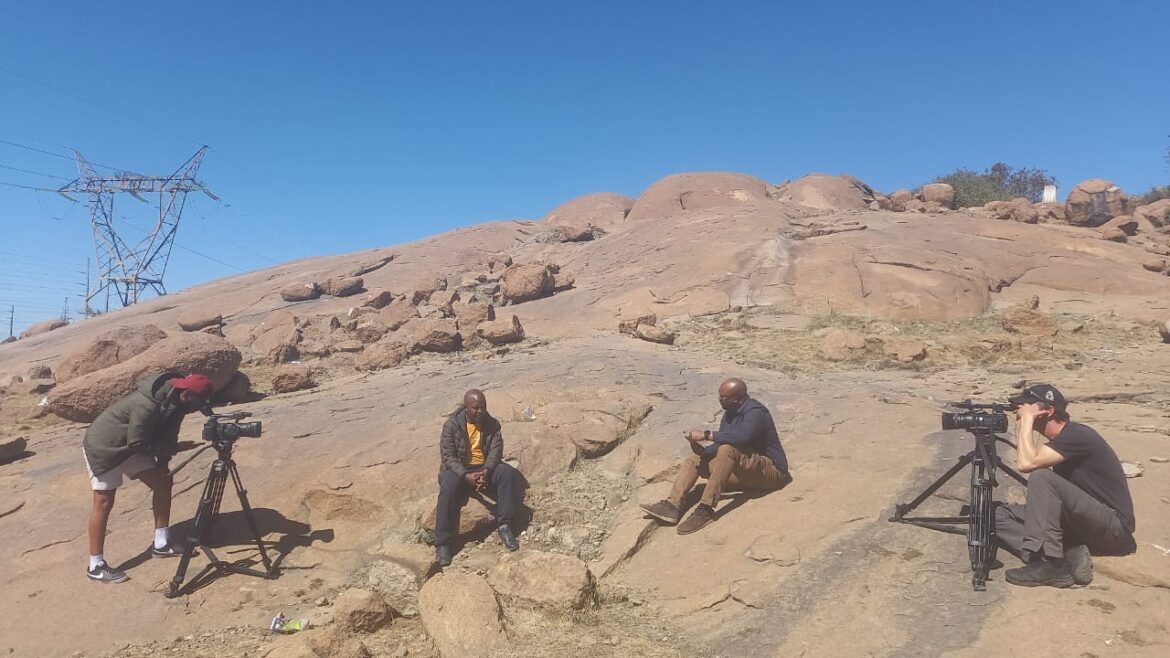The National Film and Video Foundation (NFVF) is facing serious allegations of corruption and nepotism, with accusations that it has mismanaged funds and improperly appointed council members. The criticisms came to light after Cape Town-based writer and director Weeam Williams publicly raised concerns about the organization’s practices, which she believes are among the key factors contributing to the decline of South Africa’s film industry. Williams highlighted that the NFVF, the only national film fund in South Africa, has been marred by mismanagement, favoritism, and an apparent lack of transparency in allocating grants.
Williams argued that the allocation of funding within the NFVF was often driven by personal connections rather than merit or artistic excellence, leaving deserving filmmakers struggling financially. She criticized the Department of Sport, Arts, and Culture (Dsac) for turning a blind eye to these issues, prioritizing loyalty and feeding an entrenched elite while many filmmakers continue to face financial hardships. According to Williams, artists dedicate extensive time to preparing grant applications, only to see friends and close associates of NFVF and Dsac staff receive millions of rands in funding.

One of Williams’ key points was the striking contrast between the NFVF’s annual budget of around R152.5 million and the total funding from the Presidential Employment Stimulus Programme (PESP), which stands at R163 million. She compared this amount to the budget of a mid-budget Hollywood film and highlighted the complaints from filmmakers that South African film budgets are too low to be competitive on a global scale. Moreover, she pointed out that only a few connected individuals are receiving the funding, leaving many others without the financial backing needed to succeed.
Williams further alleged that the appointment process for council members lacked proper consultation and that the members themselves had little experience or understanding of the film industry. This has led to calls for an audit of the NFVF and for any council or staff members with conflicts of interest to be recused from projects where they may have personal stakes. Filmmaker Joel Ruiters of J Cube Entertainment, who is also involved with the African Film DAO, echoed Williams’ concerns, calling the council’s selection process inconsistent and dubious. He claimed that the interviews lacked a set list of questions and scoring tools, making the process subjective and biased. Furthermore, he criticized the council’s sudden appointment without a shortlist, public comment, or opportunity for objections.
Ruiters called for an external audit, which he believes would offer clarity and transparency about how funds are allocated. He emphasized that many filmmakers have had their projects rejected for funding despite the completion of the application processes, while a select few continue to receive funding without accountability. He also pointed out issues surrounding the PESP5 Grant Funding, which was supposed to be disbursed by October 12, 2024. Despite the approval of projects, the funds have not been released, which Ruiters argued has had a negative impact on the film industry.
In response, the Department of Sport, Arts, and Culture has defended the appointment process, asserting that the council was appointed according to the necessary legislation and that experienced secretariat members led the process. The department also emphasized that the NFVF operates under strict financial and procurement policies, with no single council member or staff having unilateral authority over funding decisions. Spokesperson Stacey-Lee Khojane dismissed the claim that some council members were appointed despite holding positions in other municipalities, explaining that the current council was appointed in November 2024, outside the tenure of the previous one.
Khojane further stated that the NFVF undergoes an independent audit conducted by the Auditor-General of South Africa, but she did not indicate whether an external investigation would be pursued in response to the allegations. As for the PESP funding, Khojane assured that it would be released in early 2025, but did not specify a date. She also mentioned that a whistleblower reporting system is in place to allow stakeholders to report unethical conduct, though critics remain unconvinced, given that the same staff and council are accused of mismanaging funds.
Despite multiple attempts to reach the NFVF for comment, no response was received, leaving the questions surrounding its operations and alleged misconduct largely unanswered. This lack of transparency continues to fuel concerns about the future of South Africa’s film industry and the integrity of the NFVF.
